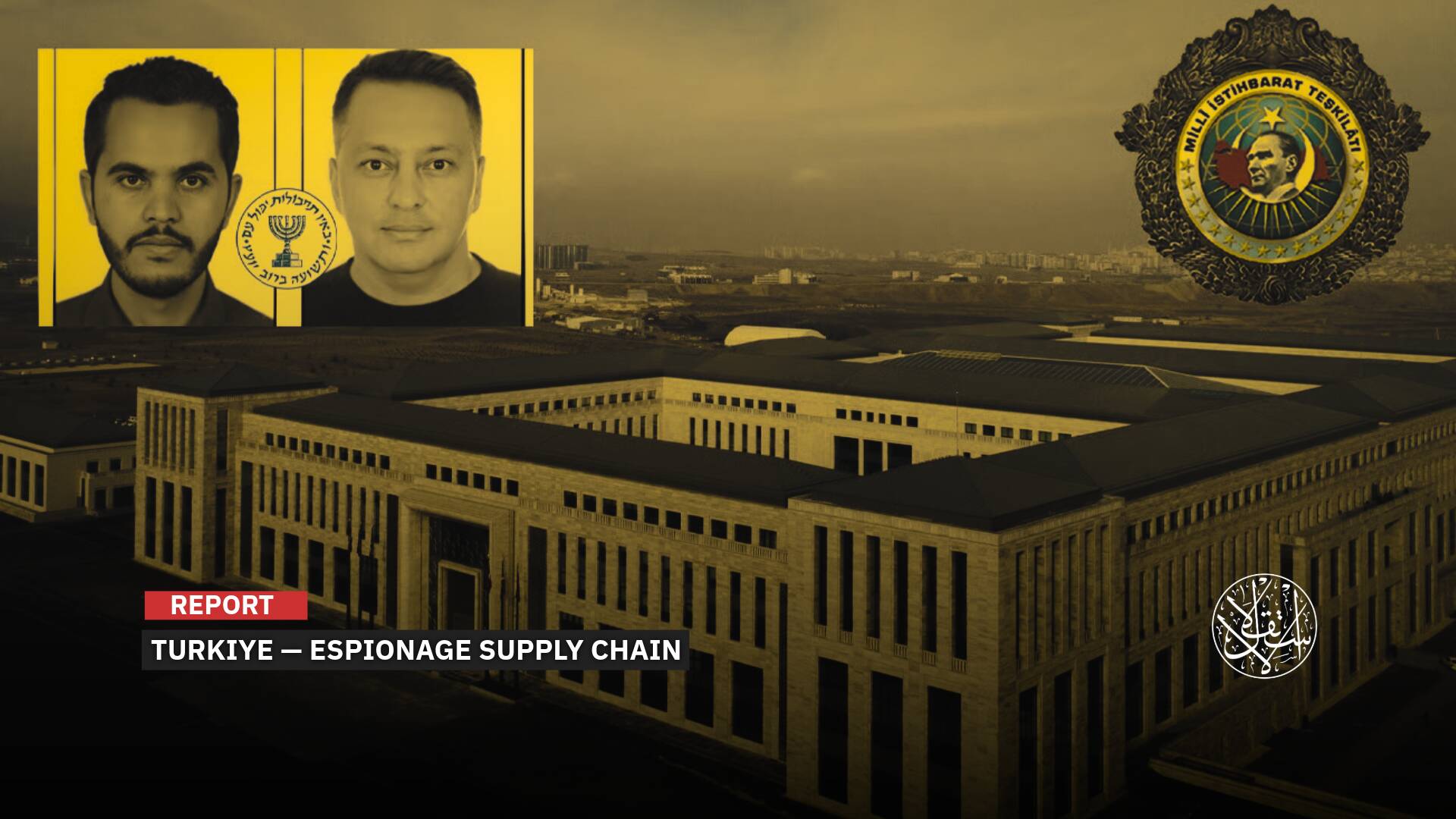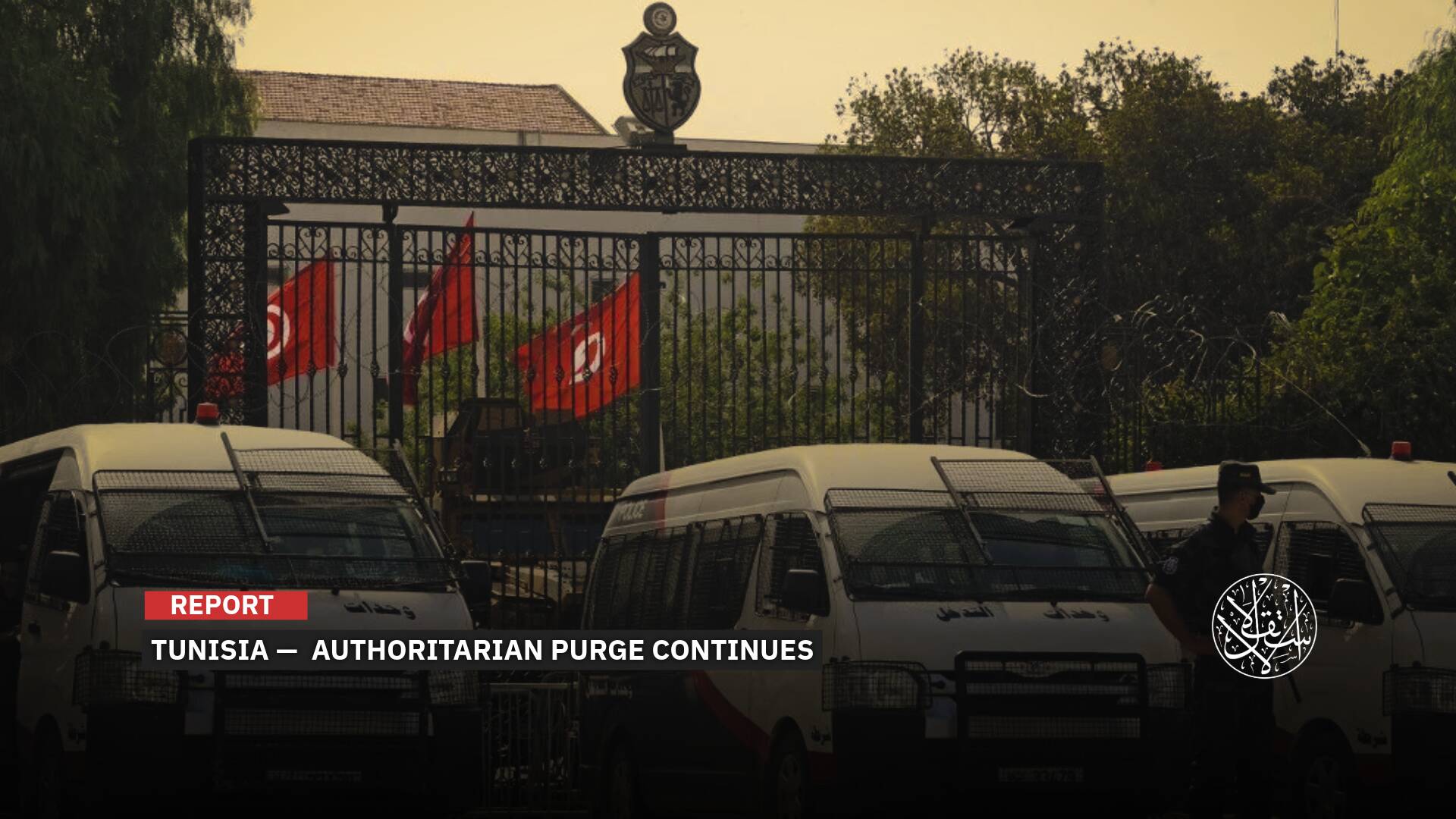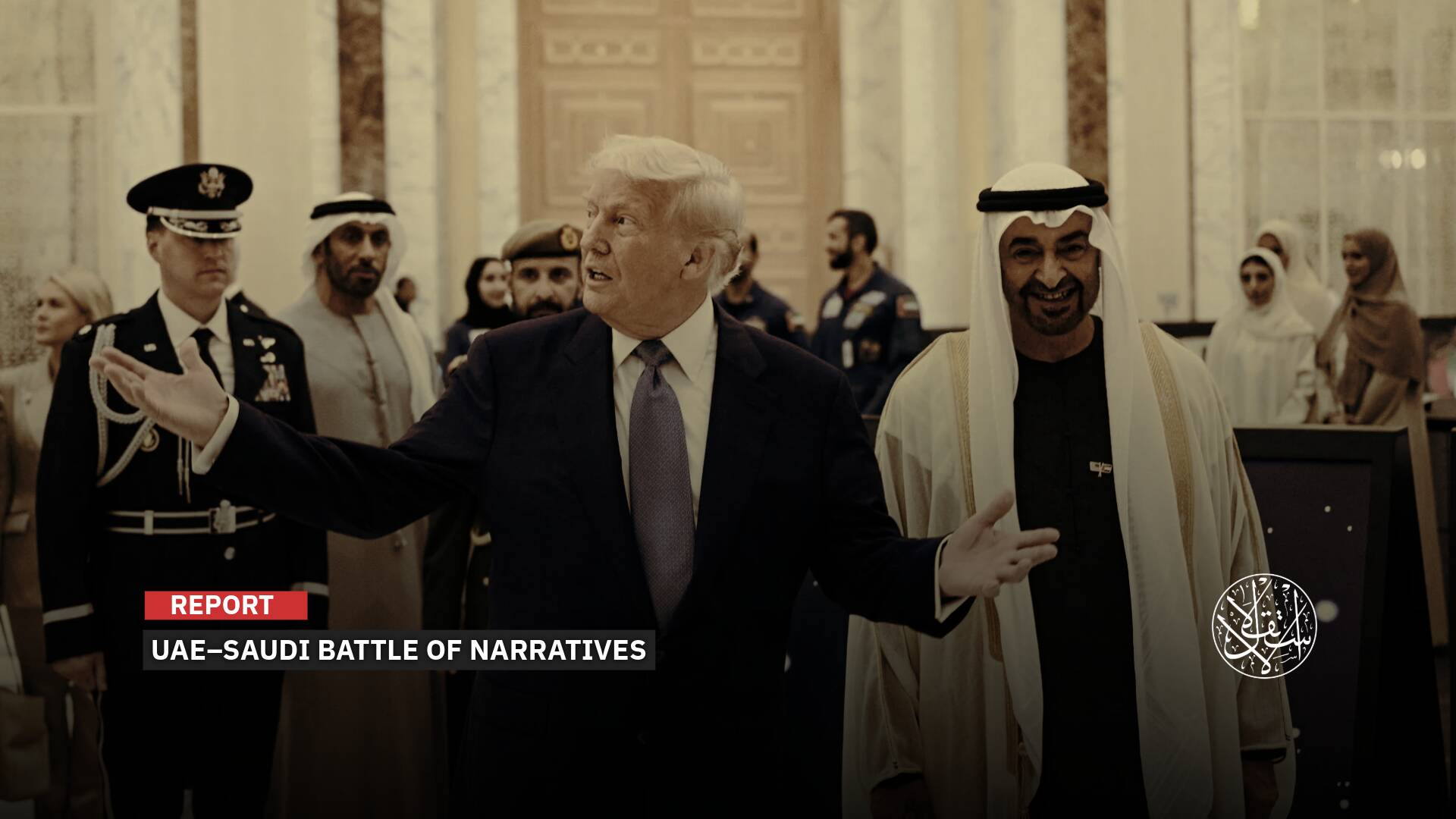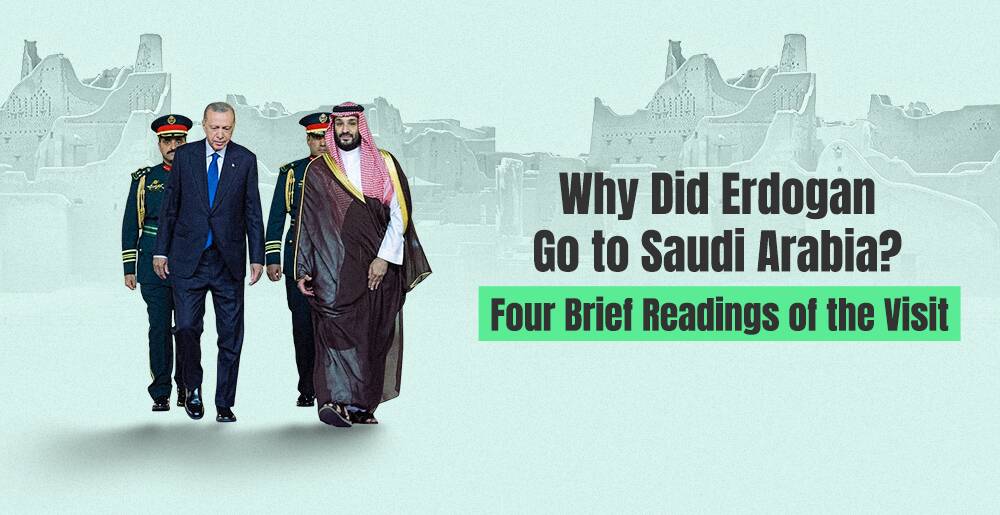How Are the Arab Investments Supporting the Turkish Economy?

Arab investments in Turkiye are one of the pillars of the Turkish economy and one of the central parameters on which Ankara has relied over the last 10 years in the face of the country's crashing waves on the economic track at home and abroad.
Contrary to what opponents of Turkish President Recep Tayyip Erdogan and his party are promoting, Arabs in Turkiye have never been dependent on anyone, have not drained the country's treasury and populists condemn political objectives.
Nevertheless, they have been a difficult figure in the Turkish economy, accounting for nearly 16% of the $164.6 billion in foreign investment, according to data from the Central Bank of Turkiye (TCMB).
Over the past decade, Turkiye has turned to Arab investors in the light of the incentives it has given businessmen and capital, along with the historically and culturally common ground.
This made it the first destination for businessmen, particularly at the Gulf level, and this has been, in a clear pragmatic logic, one of the main reasons why Ankara has strengthened its relations with the Arabs in particular over the past years.
Recent developments in Turkiye in terms of economic policies and attitudes towards Syrian refugees specifically and the path of accelerated normalization are likely, according to experts, to play a role in shaping Arab investments in the Turkish market in the future.
Investment Map
Europe tops Turkiye's foreign investment list, with $120.1 billion (accounting for between 60-87% of total foreign investment), followed by Asia with $29 billion and about $14.3 billion from America from 2003 to 2020, followed by Asia with $19.1 billion in foreign investment.
The Netherlands is Turkiye's largest investment partner with $26.2 billion, accounting for 16% of total foreign investment, followed by the United States with $12.9 billion in 7.8% of total investment, Britain with $11.6 billion, accounting for about 7.1% of the total, followed by Austria in fourth place with $10.6 billion.
At the Arab level, according to estimates by the Central Bank of Turkiye, the contribution of Arab investments in Turkiye has increased from 8% of the value of foreign investment in 2016 to nearly 16% by the end of 2018 amid expectations of an increase in that percentage in the future if Ankara maintains its incentives to bring in foreign funds.
The Gulf states top the list of Arab investments, accounting for about 9% of total direct investment in Turkiye, and are distributed in many key economic areas, most notably the real estate and industry market, followed by finance, wholesale, and retail, to investment in the media and technology market.
Qatar ranks first in Gulf investments in Turkiye with a share of nearly $20 billion, between direct and long-term investments, according to Turkiye's Yeni Safak newspaper, while Anatolia's data indicate Doha's intention to boost those investments with another $7 billion packages, concentrated in real estate and banking.
Other indicators have led the UAE in terms of direct investments of $4.3 billion, according to TRT Arabi, which revealed that UAE nationals' purchase of Turkish real estate has increased by 160% over the past two years, with more than 300 UAE investors alone buying more than 300,000 square meters in the Turkish real estate market.
Saudi Arabia, which accounts for 2.4% of the Turkish stock market, has more than 800 Saudi companies on the Turkish market to date, according to Saudi–Turkish Business Council member Ziad al-Bassam, while the Investment Support and Promotion Agency of Turkiye (ISPAT) representative Mustafa Goksu revealed that trade deals between Saudi Arabia and Turkiye exceeded the $8 billion barrier last year, noting that Ankara aims to increase Saudi investments to $25 billion and trade to $20 billion by the year of 2000. 2023.
Populist Lies
As Turkiye's populists and extreme right-wingers play on the strings of Turkiye's high cost of hosting Syrian refugees, demanding their repatriation, the Euro-Mediterranean Forum of Economic Science Institutes (FEMISE) revealed in a report that the Syrians have established nearly 4,800 companies by 2017 with a capital of €39.1 million, an increase of 168% over 2014, while the report predicts that their rates will continue between 2023 and 2028.
Overall, trade between Turkiye and Arab countries combined jumped from $9 billion at the beginning of the current decade to $45 billion in 2019 to $67.4 billion in 2021, according to Turkish Trade Minister Mehmet Mus, who revealed that Turkish contractors are currently handling 3,500 projects in Arab countries with a total value of $167.6 billion.
Real estate is the top acquisition of Arab investments, and Arabs purchased more than 3,000 properties in Turkiye in the first quarter of 2019 alone.
Iraqis came second only to Iran, buying nearly 21,000 homes from 2015 to 2020, followed by Afghans and Russians, while Saudi Arabia came fourth with 11,000 homes, followed by Kuwaitis with 8,000, out of a total of 256,000 sold in that period.
Most Arab investments are concentrated in the fields of finance, banking, textile industry, food, agriculture, animal husbandry, and international trade, said Ghazwan al-Masri, vice president of the International Business Forum, noting that Istanbul alone is home to 17,000 Arab companies, compared to 10,000 Arab companies in Gaziantep.
Gold Mine
Commenting on The Arabs' choice of Turkiye to invest in its market, Economist Onur Ongun, Chairman of Onursal Gayrimenkul, said: "Just as gold is seen as a safe haven in commodities, Arabs see Turkiye as a safe haven," noting that most Businessmen in the Middle East tend to invest in Turkiye because of the climate that drives capital to grow in a way that exceeds investors' dreams.
"Just as Istanbul stones are gold," Ongun said, referring to the market's suitability there for investment, "Bursa, Trabzon, Ordu, Mersin, Adana, Canakkale, Ankara, are gold as well," referring to the Arab preference for the Turkish market to the risks they have experienced in both Western and Russian markets, and therefore consider Turkiye their closest and best destination over the past years in light of recent economic market volatility.
Others attribute this preference to Ankara’s incentives to foreign companies, which have sometimes reached free land with tax exemption, a discount on energy used and equipment support, and the low costs of industrial and agricultural production in Turkiye make these products competitive in the external market easily.
Positive motivations that have motivated Arabs to invest in Turkiye include the quality and reputation of Turkish international products, making it easier to enter Africa and the Arab world quickly.
Turkiye's logistics position as a link between Asia and Europe, and the state's support for foreign investors, particularly working in full swing to create an appropriate climate for investment in all sectors, including education, health, and infrastructure, all of this hinder the pumping of Arab funds into foreign markets.
Despite this strong presence of Arab investments in Turkiye, it was not at the level hoped for by many experts, as stated by the President of the Association of Turkish Businessmen and Industrialists (MUSIAD) Abdurrahman Kaan, who said: "Despite geographical proximity and strong and deep-rooted ties, trade and economic relations with Arab countries are not at the required level."
“We want to transfer Turkiye's expertise to Arab countries and strengthen cooperation with them on the basis of mutual economic interests,” he added.













